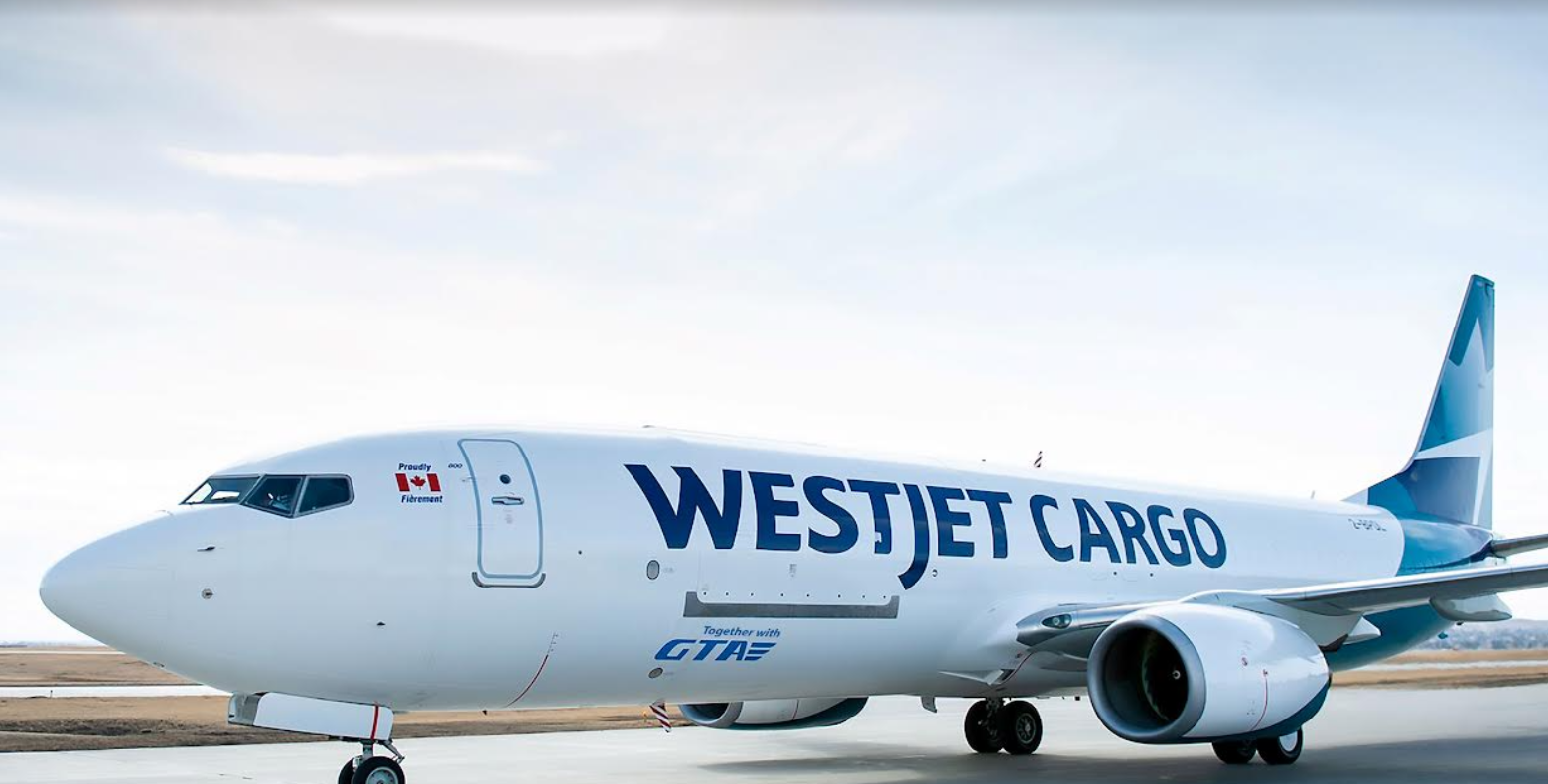
Canadian carrier WestJet recently announced an end to its all-cargo operations. The airline, which mainly focuses on passenger transport, was not able to create long-term viability for its cargo branch in a relatively small market and a cooling-off cargo industry. The carrier now must decide what to do with its converted freighter aircraft, which are not in high demand.
WestJet's Vice President of Cargo steps down The news of WestJet Cargo's end comes as its Vice President of Cargo, Kirsten de Bruijn steps down. The airline executive was first brought to Canada from Qatar Airways in 2022, when the cargo market continued to perform exceptionally well in the wake of the global pandemic. De Bruijn was brought in to build the airline's cargo operations from scratch, which is no easy feat for an airline of any size.

However, her tenure with WestJet was relatively short-lived, with the VP announcing her resignation effective June of this year. According to Freightwaves , de Bruijn explained that the carrier made a strategic choice to end its cargo business. However, the airline will still operate two charter routes as it determines how to rid itself of the Boeing 737 aircraft leased for the venture.
Operating any air carrier is difficult work, and highly dependent on the external marketplace and the current events that impact the markets an airline serves. It seems WestJet's venture was poorly timed, and in a market already saturated with cargo operations. Ever since Westjet transitioned to a full-service carrier and added 787s into their fleet, they have had renewed momentum to expand their international presence.
Today they serve Tokyo, Seoul, and parts of Europe, giving Air Canada a run for their money!Despite this, Air Canada remains the largest Canadian airline in terms of international destinations. Aside from an extensive European footprint, Air Canada flies to Southeast Asia, (including Bangkok and Singapore) and will soon fly to Manila, starting this April. It is clear that there is still a lot of room for Westjet to expand, especially on intercontinental long-haul routes.
With that in mind, which intercontinental destinations should Westjet serve in the future? WestJet Cargo faced many challenges WestJet Cargo was initially established following the COVID-19 pandemic, where a massive demand shock led to unprecedented struggles and opportunities for airlines across the world. With everyone staying home and avoiding public spaces, the e-commerce business boomed, and demand for air cargo services spiked as well. WestJet sought to capitalize on this by running its own operation dedicated to cargo.
However, the initiative encountered unforeseen challenges from the start. WestJet leased four converted Boeing 737-800s to operate its cargo services. However, due to Boeing's quality control concerns, it took much longer than anticipated for these aircraft to be certified by Transport Canada.
As a result, instead of launching in 2022, the airline did not launch until April 2023. By then, demand for cargo services had already begun to cool down. Signs of struggle persisted for WestJet Cargo before its official closure.
The airline ended all scheduled operations one year after its launch, grounding two of its four jets. The other two remained in service through charter operations. Other signs of struggle appeared, like the airline's discount last summer for university students and staff in Canada .
This sales promotion could have indicated that WestJet was having trouble gaining sales. To make matters worse, Canada is simply a small aviation market. Cargojet currently dominates the scene, and rival Air Canada has its own cargo business too.
Both of these airlines also operate larger aircraft like the Boeing 767, which are deemed better-suited for air cargo operations. Meanwhile, a surplus of narrowbody cargo aircraft on the market means WestJet will likely have a hard time disposing of its 737 freighters after its charter operations cease. As WestJet closes its cargo business, it acts as a reminder of the competitive and dynamic nature of the airline industry.
Whether it's passenger or cargo services, airlines constantly have to change to stay profitable in today's industry..














